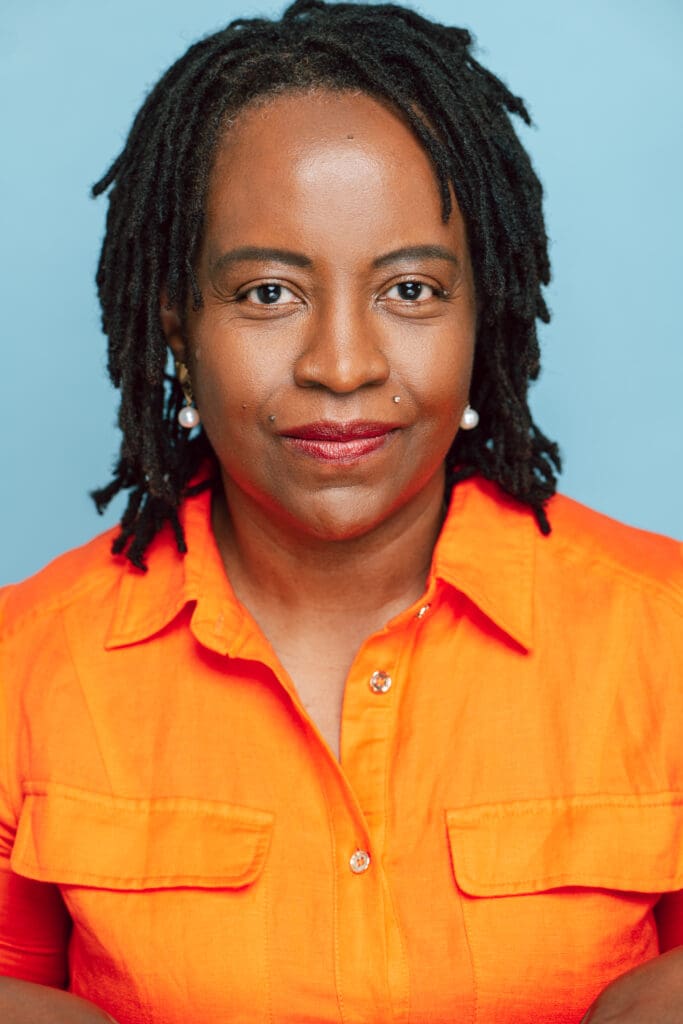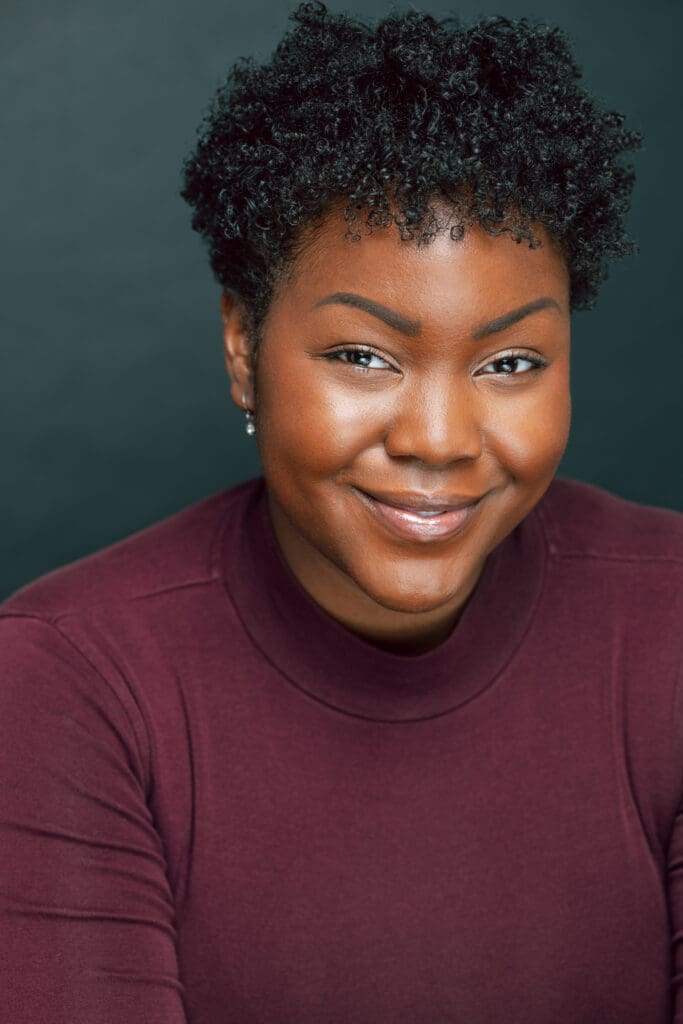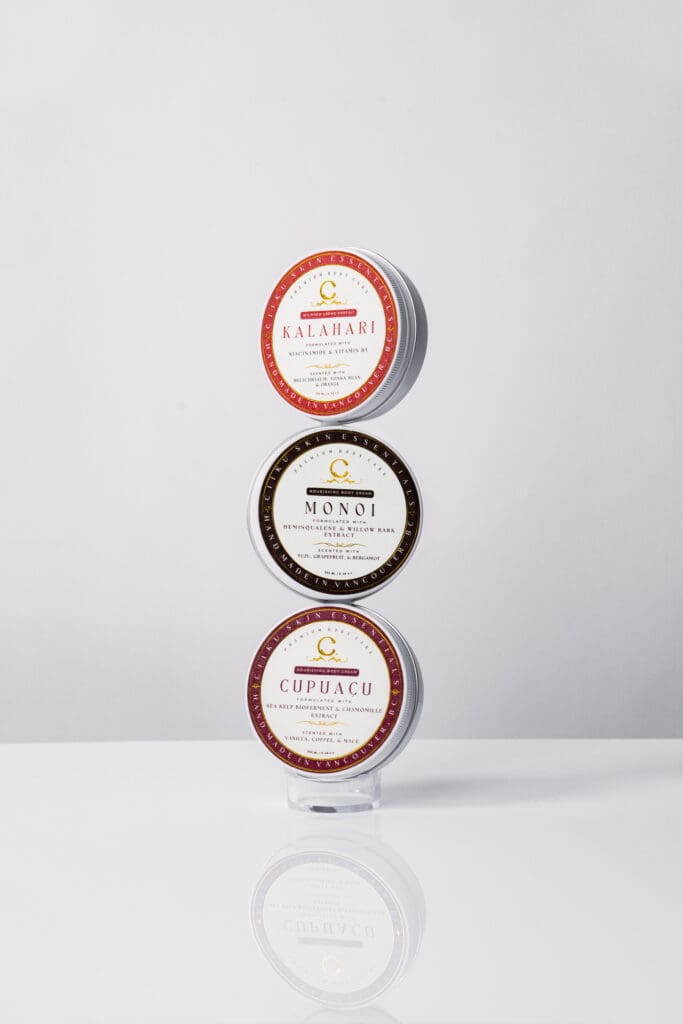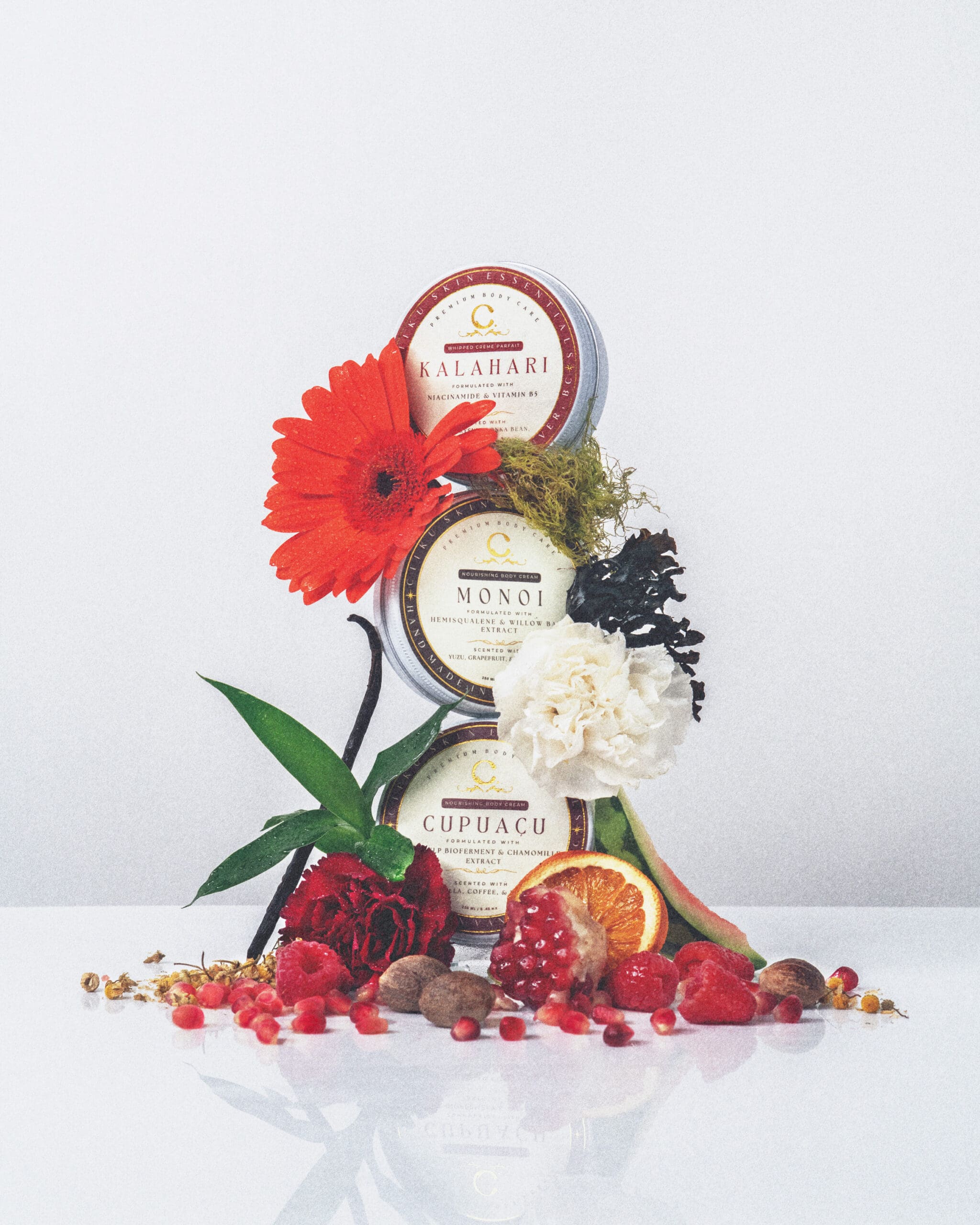The clean beauty movement has taken social media by storm, with the hashtag #CleanBeauty amassing millions of followers and becoming a hot topic among beauty influencers. But as this trend continues to grow, it raises an important question: do influencers, or consumers, truly understand what “clean” beauty entails? Ciiku (Shee-Koh) Skin Essentials, spearheaded by co-founders Iman Wamboi and Jackline Kiunga, RN, is perfectly poised to clarify this evolving term. We chatted with the pair about the multifaceted nature of clean beauty. Read more below! —Vita Daily


The clean beauty movement has become a significant trend on social media, but many consumers may not fully understand what ‘clean beauty’ truly means. How would you define clean beauty, and what sets it apart from other beauty trends?
Jackline: Clean beauty goes beyond the jar. For us, it means rigorously assessing every ingredient for safety and environmental impact long before it becomes part of our formulations. Our approach ensures that our products nurture the skin without compromising our planet’s health. This conscientious method distinguishes clean beauty from fleeting trends that might prioritize surface appeal over deeper ethical priorities.
Iman: True clean beauty is synonymous with transparency. Unlike some perceptions that equate ‘clean’ with ‘natural’—which isn’t always safe or sustainable—we define it by the clarity and honesty of our ingredients’ sourcing and purpose. We strive to be open about where our ingredients come from, their benefits, and why we choose them. This level of accountability is what elevates clean beauty to a real, sustainable lifestyle shift—not just another trend— empowering consumers with knowledge and choice.

Ciiku Skin Essentials prioritizes safe, effective, and environmentally responsible ingredients. Could you walk us through the process of how you select your ingredients and ensure that they align with the clean beauty ethos?
Jackline: Our ingredient selection is driven by the efficacy and safety of the components, ensuring they align with our mission. We utilize a variety of natural, exotic oils, butters, and active ingredients known for their skin-nourishing properties. Take Niacinamide, for example, a form of Vitamin B3 that’s crucial for maintaining healthy skin. It’s proven to help build proteins in the skin and lock in moisture to prevent environmental damage. We also use willow bark extract, which naturally contains salicylic acid, helping to exfoliate the skin and clear pores, enhancing skin texture and appearance. We incorporate exotic oils like Kalahari Melon Seed Oil and Raspberry Seed Oil, which are incredibly lightweight, absorbing quickly without leaving a greasy residue. This allows us to create products that feel luxurious and comfortable on the skin.
Iman: We focus on plant-derived actives like Sea Kelp Bioferment, which are pivotal in our formulations for their hydrating properties. The ingredients we use are selected not only for their direct benefits to the skin but for their environmental sustainability. We engage with suppliers who uphold ethical harvesting and manufacturing practices, ensuring that our ingredients are not only effective but harvested in a way that does not deplete our natural resources. Our products also include exotic ingredients such as Mangosteen Oil, Tsubaki Oil, Coffee Bean Oil, and Cupuaçu Butter, all chosen for their fast-absorbing, non-greasy properties that enhance and heal the skin’s natural barrier. Our products are free from silicones and fillers, using high-end emulsifiers and natural alternatives like daikon seed extract to create a comfortable and luxurious after-feel.
With influencers playing such a large role in shaping consumer perceptions of clean beauty, do you think the information they share is accurate and trustworthy? How can consumers better educate themselves to discern between genuine clean beauty brands and marketing hype?
Jackline: Influencers have an immense impact on shaping public perception and beauty trends, especially in the realm of clean beauty. Their platforms allow them to reach vast audiences quickly, making them pivotal in popularizing certain products or ingredients. However, this rapid spread of information can sometimes precede thorough understanding or regulation, leading to inconsistencies in what ‘clean beauty’ represents in practice. The term ‘clean beauty’ has gained popularity and while it intends to promote safer, more sustainable skincare, the lack of regulation in this space can be misleading. ‘Clean’ isn’t a regulated term, which means it can be interpreted in various ways by different brands. This can sometimes lead to misleading claims where products are marketed as ‘clean’ without substantive backing.
To truly understand ‘clean beauty’, consumers should start by familiarizing themselves with the ingredients and their toxic effects. Always avoid ingredients such as parabens, phalates, formaldehyde and synthetic fragrances, which are often implicated in health issues ranging from skin irritation to severe endocrine disruptions. Consumers can use databases like the Environmental Working Group’s (EWG) Skin Deep to check the safety ratings of specific ingredients.
Iman: When following influencers, it’s crucial to determine whether their endorsements are genuine or driven by sponsorship. Transparency in their promotion—indicated by tags like “#ad” or “#sponsored”—helps clarify their motivations. Are they advocating for products because they align with their personal values, or simply because they’re paid to do so? Engaging directly with influencers by asking questions about ingredients and their experiences with the products in comment sections can also be revealing. Genuine influencers or brands will often engage transparently in these discussions, further demonstrating their commitment to clean and ethical practices. This is why we champion partnerships based on transparency and education, aiming to ensure that both influencers and consumers are well-informed and can distinguish between true clean beauty brands or just marketing hype.
Clean beauty is transforming consumer habits, especially as more people are prioritizing their health and the environment. How have you seen this shift impact the beauty industry, and how is Ciiku Skin Essentials adapting to meet these evolving consumer expectations?
Jackline: The traditional beauty industry has often used ingredients that, while effective, pose risks to both health and the environment. Endocrine disruptors like parabens and phthalates are linked to health issues ranging from hormonal imbalances to reproductive problems. It is also highly recommended that new moms avoid using skincare products containing retinoids, salicylic Acid, skin lightening agents such as hydroquinone, formaldehyde, chemical sunscreens such as oxybenzone, synthetic fragrances, and some essential oils such as rosemary, saje and jasmine as these ingredients may cross the milk barrier. Using natural and non-toxic fragrance-free products can help minimize any potential risk. It is always best to consult with a healthcare provider regarding safe skincare practices during this period.
By choosing clean beauty, consumers are not just opting for safety but actively participating in a movement that demands higher standards for product integrity and ecological responsibility.
Iman: We use ingredients that promote skin health without compromising environmental sustainability. For example, our use of plant-based emollients instead of silicones aligns with our commitment to avoid polluting marine life and our ecosystem. By opting for clean beauty, our customers experience benefits such as improved skin health due to the use of non-irritating substances, improved hormone health as we do not use any endocrine disruptors, reduced allergic reactions, and a lower impact on the planet. The benefits of adopting clean beauty extend beyond personal health and touch on global wellness, influencing everything from cleaner water to reduced chemical exposures for both consumers and wildlife.
As clean beauty continues to gain momentum, what role do you see sustainability playing in the future of the industry, and how is Ciiku Skin Essentials contributing to a more ethical and sustainable beauty market?
Jackline: With my background as a Registered Nurse, I bring a more critical, health-focused perspective to the clean beauty industry. Women’s healthcare has historically been under-researched, an oversight that extends into how skincare and beauty products have been developed and tested. At Ciiku, we lean on my medical knowledge to ensure that our products are not only sustainably made but also scientifically sound, particularly in their safety and efficacy for women’s health. We incorporate the latest research to understand ingredient impacts comprehensively, from their dermatological effects to their environmental implications. As clean beauty continues to evolve, sustainability will not just be a trend but a foundational element that will define the future of the industry. Iman and I are committed to integrating scientific research and ecological responsibility into our product development. Our use of data ensures that we understand the effects and efficacy of our ingredients, not just for immediate skin health but also for long-term environmental impact. Recognizing the historic oversight in women’s health drives us to be meticulous in our formulations, ensuring they are safe and beneficial for women’s unique biological needs.
Iman: Having experienced firsthand the pressures of beauty standards throughout my acting and modeling career, I’m passionate about promoting body positivity and challenging these often unrealistic ideals. Historical beauty standards have compelled women to make drastic, sometimes harmful choices—from extreme dieting to invasive cosmetic procedures—to fit a narrow definition of beauty. At Ciiku, we reject these superficial norms. Our focus is on creating products that celebrate and support all aspects of women’s health and beauty, encouraging women to feel confident and empowered in their own skin. Our commitment to clean beauty is not just about aesthetics—it’s about fostering genuine self-acceptance and promoting sustainable practices that respect our bodies and our environment.

March 10th, 2025 at 7:03 am
canadian pharmacy 365
https://expresscanadapharm.com/# canadian pharmacy review
legitimate canadian mail order pharmacy